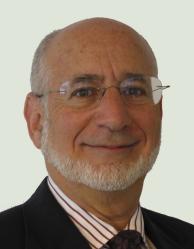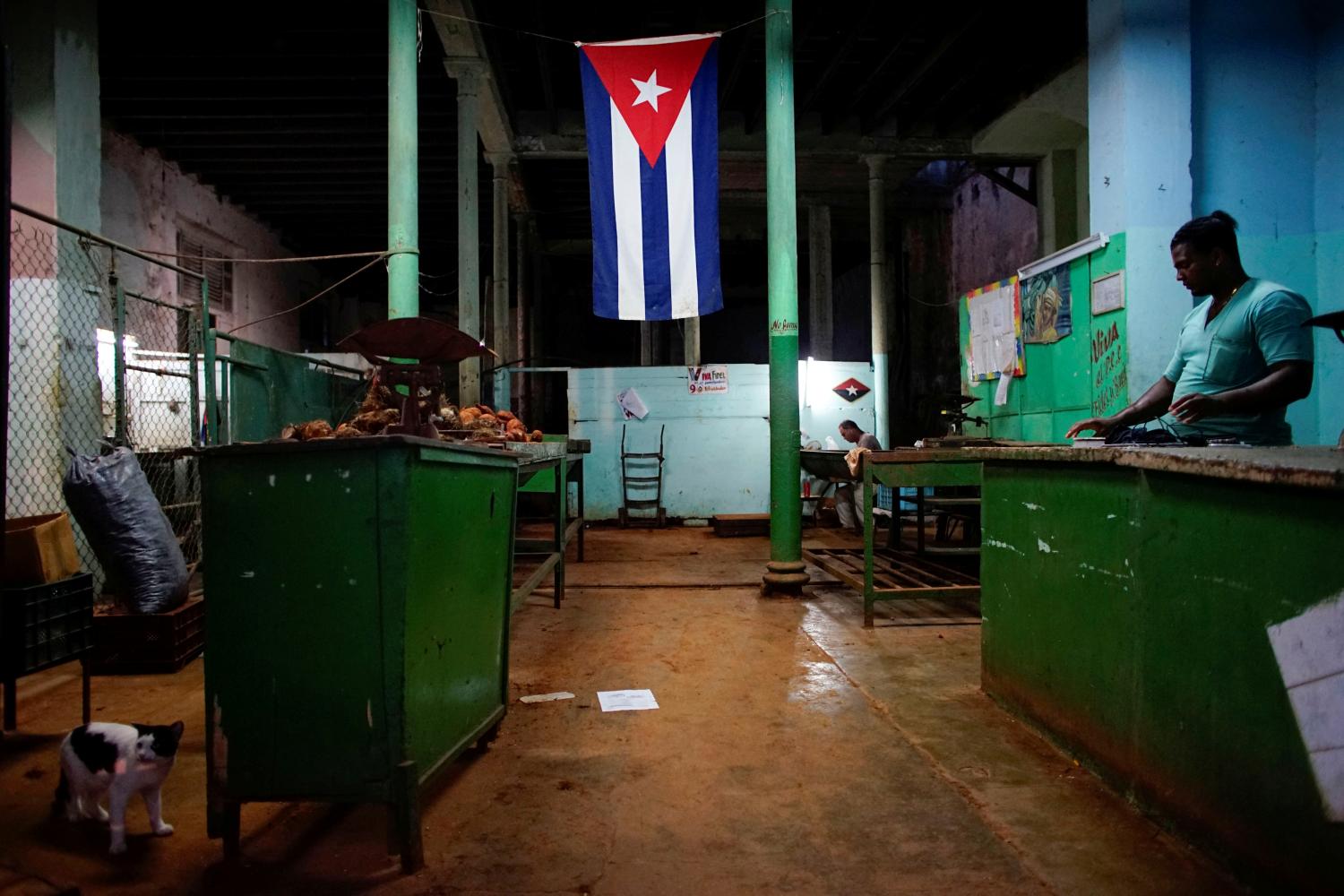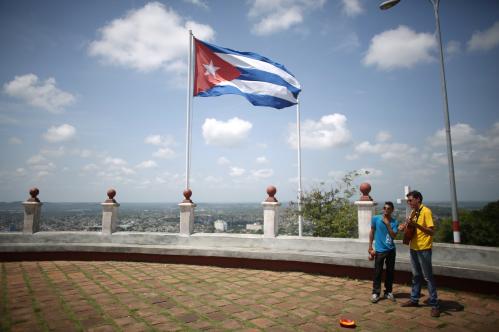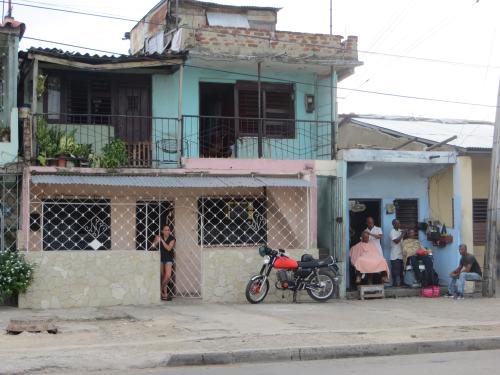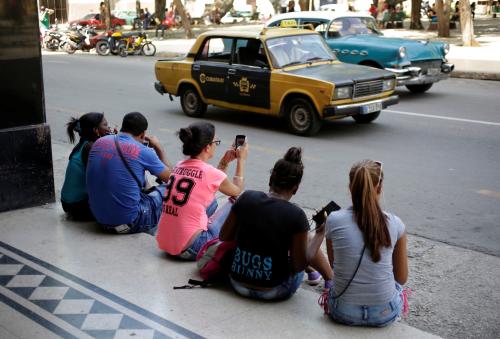This report was cited in a New York Times op-ed by The Editorial Board.
Executive summary
As Raúl Castro steps down from the Cuban presidency in April 2018, many Cubans are more interested in the country’s future economic performance than in the retelling of heroic histories. During the decade of Castro’s administration, Cuba’s macroeconomic performance has been deeply disappointing—but this malaise obscures the emergence of a more complex, diversified economy. The private economy has taken off, providing jobs and income to as many as four out of 10 Cubans of working age. Qualitatively, the private economy has advanced from fragile microenterprises to more ample small-scale businesses engaged in substantial capital accumulation. Furthermore, international tourism, with the active cooperation of global partners, is another bright feature.
In the tourism sector, the creative hybrid blend of state enterprise, international partner, and national private entrepreneur is, in its proportions, uniquely Cuban. It suggests a model—tripartite-guided growth à la Cubana—that could be applied profitably elsewhere in the economy, particularly in two prominent if lagging sectors: energy and agriculture. Currently, non-discretionary spending on essential imports of energy and foodstuffs consumes Cuba’s already meager hard currency export revenues. Yet, the island has the natural capacity to develop more sustainable national models in energy and food.
The government has gradually recognized the essential contributions that international firms can make to Cuban development—including in energy and agriculture—even if authorities have been slow to recognize that many complementary reforms will be required to create a sufficiently attractive business climate. If not in its first hundred days, then in the first few years, the incoming administration has an opportunity to redefine Cuba’s economic role in the world, with a more coherent, consistent, and affirmative outlook.
Specifically, this policy brief suggests a series of realistic if ambitious economic reforms to build on gains in the domestic private economy and international tourism, to attract more foreign investment, to add new dynamism to the critical sectors of energy and agriculture, and to ameliorate growing inequalities in opportunities and incomes. The paper concludes with some thoughts on the political economy of reform and offers indicators to watch for future economic performance.
